Party Organization Issues: Experiences from Karnali Province
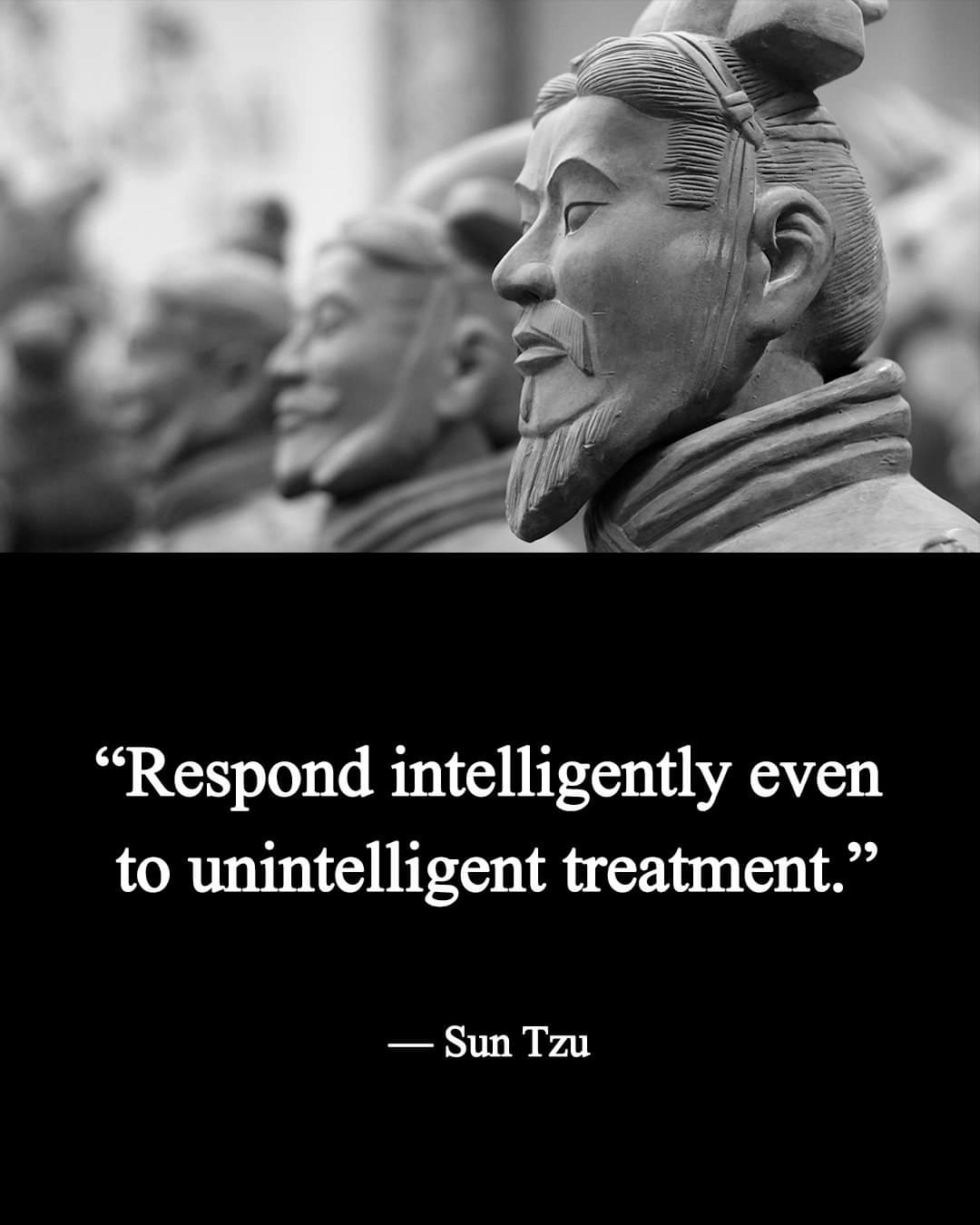
The Central Organization Department of the Communist Party of Nepal (Maoist Center) convened provincial-level deliberations and discussions at Birendranagar on 6 April 2023 by inviting the leadership of all walks to the interaction program on "Issues and Challenges of Party Organization Building". It was led by Janardan Sharma, the deputy- secretary general of the Party. More than three hundred leaders and workers across the province attended the program and held their concerns on the theme with more enthusiasm that what is impossible with other political parties of Nepal is possible with the Maoist Center by addressing the changed context from the party organization point of view.
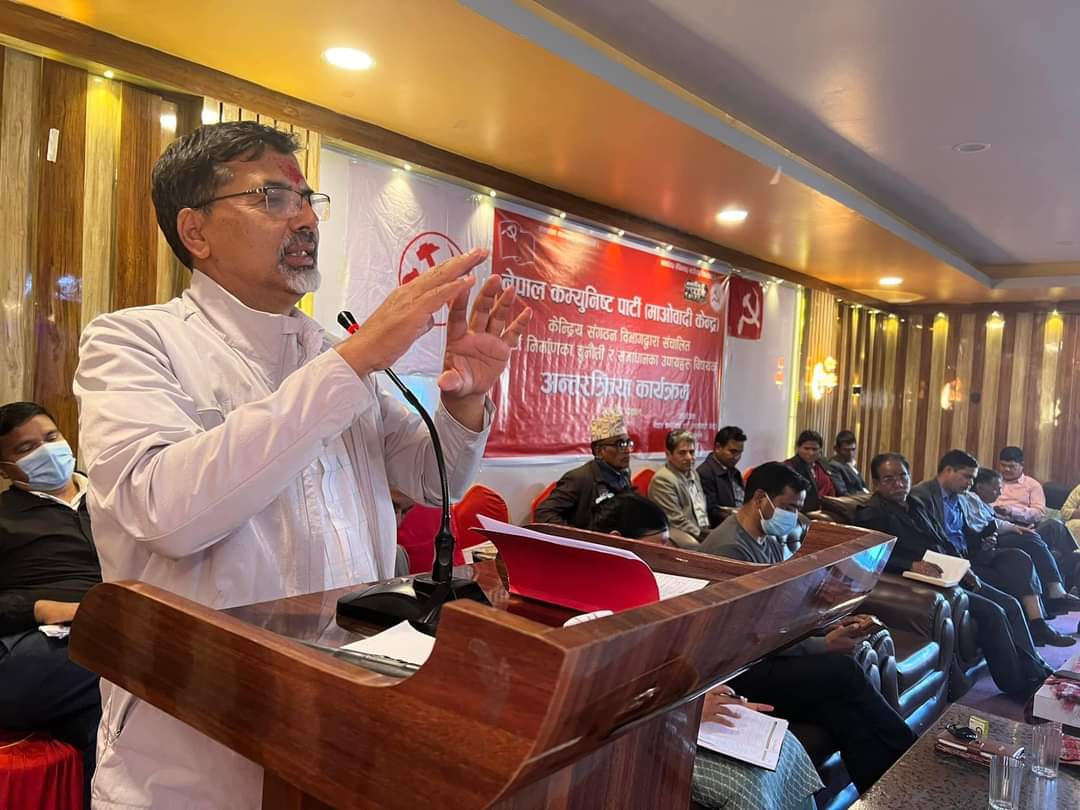
The principle of 'Democratic Centralism' mentions that an individual is organized in a cell committee. The lower committees are below the higher committees. The minority is under the majority. All committees are under the central committee. The central committee is controlled by the convention and the convention is commanded by the party workers. While talking about the relationship between the majority and minority parties in a party, the periodical freedom of expression of opinions and ideologies only during the conferences and conventions constrains collaboration. There is always a situation of majority and minority in a party from an issue point of view and it cannot be ignored. The minority should not be supposed to be subordinate to a majority and the dissenting opinions should be democratically treated in a party.
The age-old working style of the party does not match the issues and problems of a changed context. Generation transfer seems to be remote and the party has become a family-centric one from the leadership point of view. The organizational structures of the party are clumsy and bloated. Roles and responsibilities are assigned rather than evaluating the capabilities and dedications of the individuals. The party meetings are ever and never organized and the leaders and workers of the lower committees look up to the command and circular of the party center. The sister organizations of the party are not proactive on the themes of their origin and development. The party-fraction committees seem to be reluctant in orienting and guiding the leaders of sister organizations. The heads of the sister organizations are made disciples of certain party leaders ignoring the entire theme of the sister organization. The Dalits, women, peasants, traders, students, martyrs' families, civil servants, teachers, and so on are associated with the party to advocate the issue of politics and the condition of issue politics is pitiable in turn.
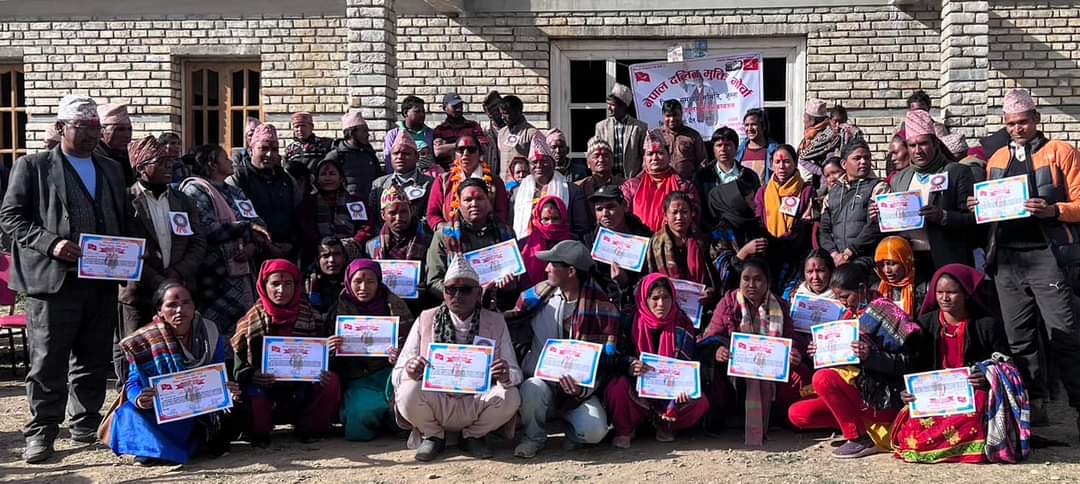
The party constitution is an external tooth of an elephant that is only used to show. The internal tooth of an elephant is that the party committees of different roles and positions do not work accordingly. That is made to work on the desires and orders of the leaders of the highest hierarchy. The leaders and workers are not at the grassroots and all are headquarters–centric to lobby with power holders and policy-makers to pool resources for their vested interests. It is because of a problem in thinking. The leaders and workers have developed a tendency to put themselves at the center rather than in society. Jas Bahadur Bhandari, a ward chairperson of Bheriganga Municiplaity-13 of Surkhet, opined, "Politics is a social service in which the leaders of diverse roles lose rather than making an income over public resources. I have given my remuneration to the martyrs' families and to regard couples of inter-caste marriages. The party has been weakened as the stakeholders of the party indulged in earning after 2007 forgetting a credo of change".
There are widening gaps between the leaders of a party authority and a state authority indeed. The opportunities are not distributed equitably. The leaders and workers are ego-centric, therefore, the comments and criticism are remedially tackled. The fixed groups and sub-groups must be dismantled by making the committees lean and small-sized through the incorporation of deliberative democracy. No one should be entertained for more than two consecutive terms in a parliamentary role. The provincial committee should be made powerful. Debi Sara Sunar, on behalf of the women's front, said, "There is a tendency of making Dalits as candidates in the proportional electoral system in the election but the chances are taken by others. Dalits only trap in debts to manage the costs of the election. It has to be thought of by the leadership".
Addressing a gathering, one of the senior leaders of the party, said, "The party is evident to see an undesirable situation of retaining the ones in the leadership over the twenty years. The natural process of development of leadership is blocked due to the mere act of recruiting the leaders but not giving them to exit. As the context is demanding the new and updated capacities to cope with the emerging situations for fundamental changes, it is need of the time to be empowered and innovative". The party must be run by a system and all workers and leaders have to be linked with the ward level with their sound performances to lead the campaigns of prosperity and socio-cultural transformation. It is crystal clear that some plans were made in the past at the local and provincial levels to accelerate developments and changes, although they were not implemented as a tendency of being long-awaited to have circular from the center. To avoid a stalemate concerning the work of the central committee members, the provision should be enacted "The central committee members shall be elected from each province and each province shall deserve rights to recall them in case of the members are failed to work in prescribed domains".
The long-established lesson of federalism is to institutionalize a synchronization between centripetal and centrifugal forces. The committee system has to be democratized through the maintenance of debates and deliberations on the agendas of the committees. Each sector must be included and participated in the decision-making. The decisions should be evidence–based and reasoned. The practice of bargaining between the coteries should be omitted while making decisions. The top-down approach to decision-making has to be reversed by the bottom-up approach to decision-making. Each level of society should be equipped with relevant thematic orientations and education. Each cell has to be linked with a production representing the comparative advantages. The Maoist Center has experienced thinly a practice of a coalition following the specific issues of implementation of a political system. It has to further work by framing a viable organizational structure to gear up the social, political, and economic mobilizations to build a base for socialism. The inadequate performance by political leaders has been providing a space for a sense of apathy against an existing political system. This is because of the indifference of political leaders and workers to the grassroots. Individualism has been overwhelming society. Society is very much neglected. Having internalized a grim situation in society, the leaders and workers have to reverse their pauperization in terms of putting the society on top of the pyramid to build an equitable society.

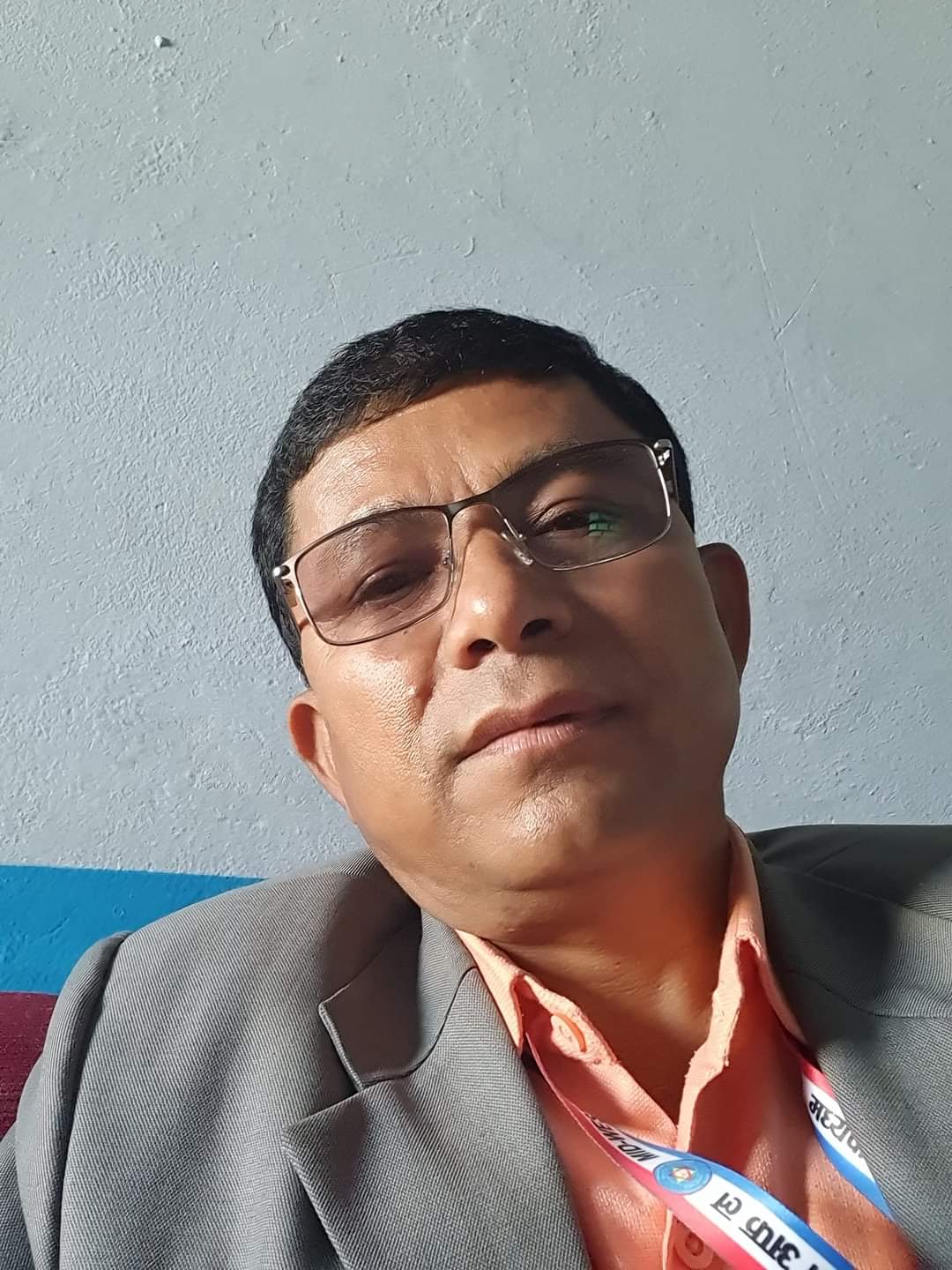

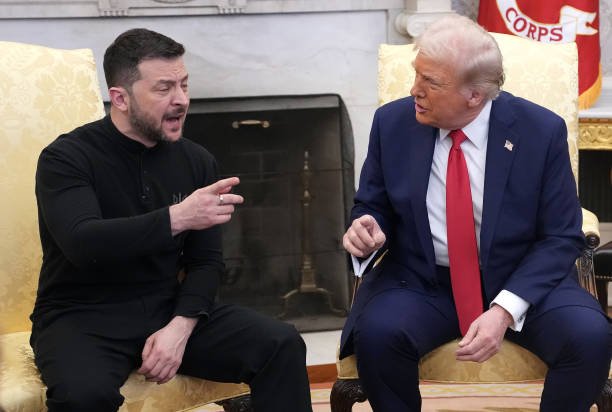
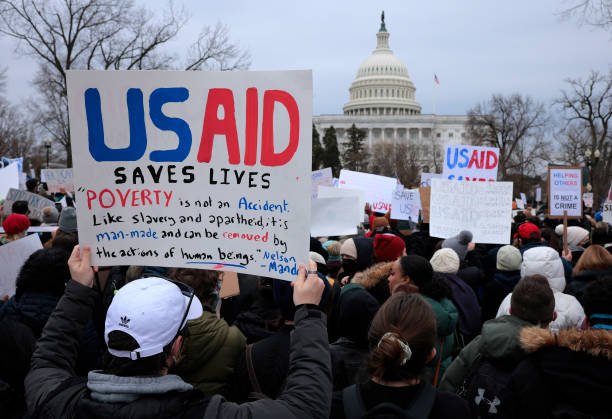
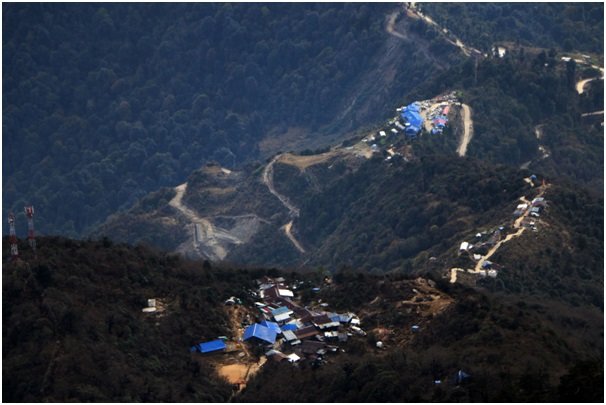
Leave Comment